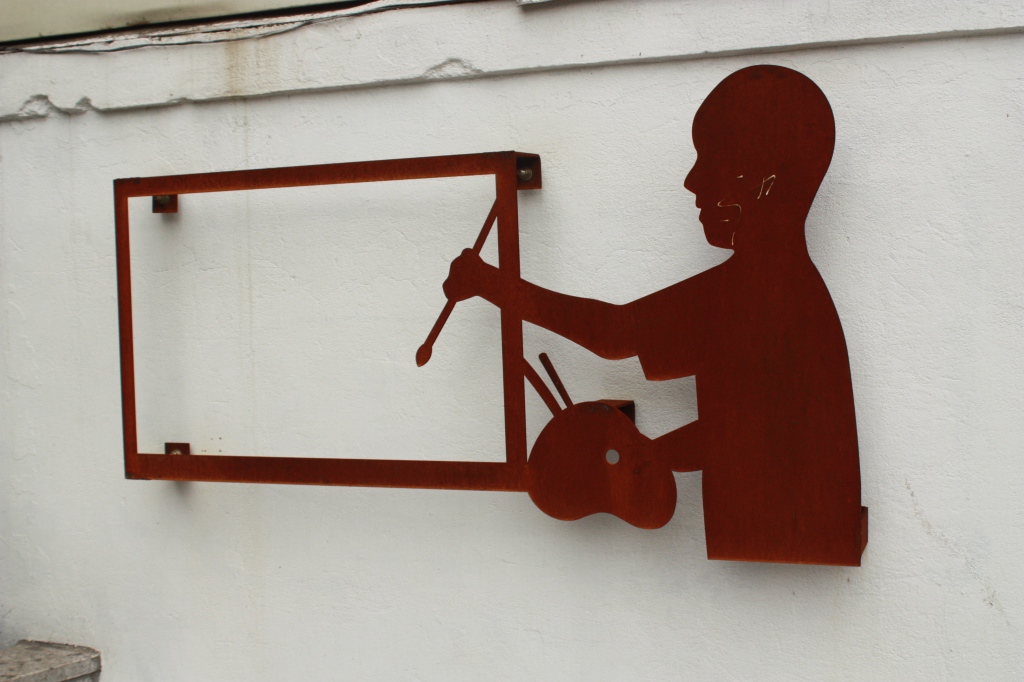My Facebook feed is full of posts denouncing the suggestion made by decluttering guru Marie Kondo to keep no more than 30 books (example). How dare she, they write, attack the most noble of middle class obsessions – book hoarding? In the age of bite-sized online news, screaming headlines and kids who never let go of their tablets, aren’t books the last refuge? As an avid reader, I beg to differ.
I write this as I prepare for a trip to my parental home, a trip which will include another cull of my rich library stored there. In Malta, I live with less than ten books, and the space reserved for books is usually full of borrowed ones. Of the ones I own, I have read only one. When I finish a book, I do not judge it whether it brings me ‘joy’, which is too simplistic a criterion, as it has been rightly argued. But I do try to estimate how likely it is that I will pick it up again. If not, perhaps I’ll take a few notes, but otherwise the book is ready to go.
It is very rare that I buy expensive books today. Most of the books I own in Malta are from second-hand sales and cost less than five euros. The money does not make a difference in my life, and I will let go of them as easily as I acquired them. This approach prevents any bitterness towards friends and acquaintances who fail to return books for years, and makes sure that more books circulate in the world.
My take on Kondo’s proposition is this: it is time to separate enjoyment from ownership, the way it happened with many objects in the sharing economy. Owning a rich library is a matter of social capital for many middle-class people, and some organise their homes around these possessions. This made sense when books were difficult to find. A mere decade ago, I would always bring books from my trips abroad, and I sent a whole box of them for myself in Japan. Today, I would ask myself a few questions before I buy a book: can I read it online? Can I find it at my local library? Does any of my friends own it?
Speaking of libraries, I strongly recommend this piece about their importance for civil society. Libraries are safe, open and inclusive spaces that are, unfortunately, often neglected and underfunded. In their attempts to survive, libraries start hosting events, offering internet access, video editing studios, exhibition halls, coffee, and more. I never understood the obsession with cafes in many intellectual circles (although I do work in them occasionally) as places to debate and build communities. If snacking and beverages are so important, I’d rather have them move to a library and revive this essential public institution. And when it comes to books, wouldn’t the local library be the first place to go?
With the digital transformation, we have so many more options at hand to enrich our reading experience. We can still go to the local library and borrow books, but we can also survey our friends on what books they own, using social networks, or find book-related events. We can find loads of good books online and access them in various formats – as ebooks or audio books, free or against a small fee. Even cafes and restaurants, commercial catering establishments, are picking up the trend to provide books. I recently discovered a gripping graphic novel at Piadina in Valletta, and made sure to go there alone enough times to finish reading it. Some of the hostels I’ve stayed in recently were also full of books. And when I moved to Malta, I made sure to let local colleagues know that I am interested in borrowing or exchanging books. In Vilnius, there are multiple community boxes and shelves housed by book stores where people can leave what they don’t need and pick up what they like. Also, to broaden my literary horizons, I listen to New Yorker fiction podcasts on public transport, planes or as I walk. This multi-format access to literature is a real bliss, by no means inferior to ownership.
After I decided to end my academic career, I donated my academic books to a university library. I gave away my childhood books to any friends with children who were willing to have them, or to public libraries in the area. After I finish reading a novel, I swap it or sell it at Mint Vinetu in Vilnius. And I hope to read the books that accumulated over the years one by one, and give them away. Like everything, books are not equally distributed in the world. People with little time to read often own loads, and readers, especially in peripheral areas, have a difficult time finding books. So I think it is essential to cultivate the skill of letting material books go and travel the world. There is no point to keep printing books to be read just once.
The critics of Marie Kondo conflate reading with ownership, and claim that she is calling for shying away from reading anything non-joyful. I don’t read anything like that in Kondo’s suggestion. She is not inviting people to destroy books, merely to let them go and find their readers elsewhere.
I will continue to keep the books written and signed for me by my friends, and books that I am likely to consult repeatedly. But other books deserve to live their own lives. When there is no shortage of books to prompt private accumulation, keeping tons of them and not reading is not about respecting books – it’s about enslaving them.


